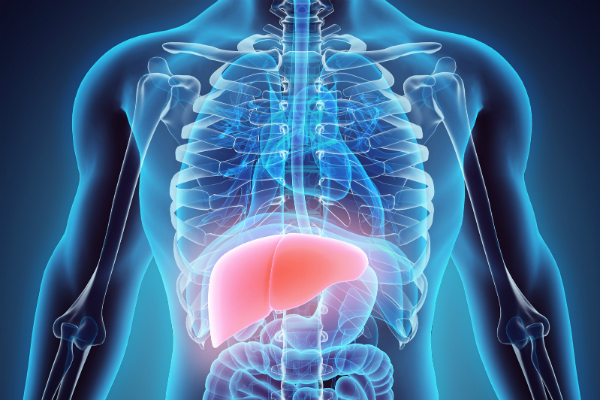Early diagnosis of hepatitis B, or hep B, can reduce the risk of serious liver problems that may occur when left untreated. FibroScan offers an effective, non-invasive assessment option.
Traditionally, the easiest way to diagnose hep B is with a needle biopsy, which involves inserting a needle between two of the right lower ribs and taking a sample of the liver tissue. This process is invasive, slightly painful, and sometimes comes with risks.
Now, a new diagnostic device, FibroScan, offers a non-invasive hep B assessment option for people visiting their primary care provider.
First, what is hepatitis B?
Hepatitis B is a viral infection that can occur as acute or chronic diseases. Hep B is spread through contact with bodily fluids and damages the liver, which can become life-threatening in some cases.
Acute infections are short-lived and do not usually require medical attention beyond rest and increase your fluid intake. Chronic infections are serious and require medical treatment to lower the risk of dangerous liver damage.
A Hep B infection does not always cause noticeable symptoms. If you have an acute infection, you may experience one or more of the following symptoms:
- Abdominal pain
- Fever
- Appetite loss
- Fatigue
- Dark-colored urine
- Joint pain
- Nausea
- Vomiting
- Jaundice (yellow-tinted skin and eyes)
In some cases, a hep B infection can turn into a chronic liver infection, which poses an increased risk of cirrhosis or liver cancer. You can take antiviral medications to help slow the progression and reduce the risk of liver damage.
The benefits of FibroScan
To measure the health of your liver and the possible presence of hep B infection, the FibroScan device emits small pulses of energy that measure stiffness levels in different areas of your liver. This helps medical professionals assess your liver health and the severity of any damage. FibroScan offers many benefits compared to needle biopsies, including:
- Accurate – needle biopsies only test a small portion of your liver. FibroScan measures 100 times larger area than a needle biopsy to provide a more accurate assessment of liver health.
- Painless – Unlike a needle biopsy, FibroScan does not puncture your skin. Patients might feel mild vibration on their skin as the device measures different areas.
- Quick – FibroScan takes about ten minutes to scan your liver. Needle biopsies typically do not take much longer; however, patients are often required to stay under observation for several hours due to the invasive nature of the procedure.
- Reliable – FibroScan is FDA-approved and provides consistent results regarding liver damage from a hep B infection.
With the availability of FibroScan technology at ARcare locations, we are pleased to provide a non-invasive diagnostic tool to keep you healthy and happy. If you have symptoms of hep B or other health concerns, please contact ARcare today. You can request an appointment, or find a location near you. Our medical professionals in Arkansas provide diagnostic services, including Fibroscan, as well as treatment and supportive care.
